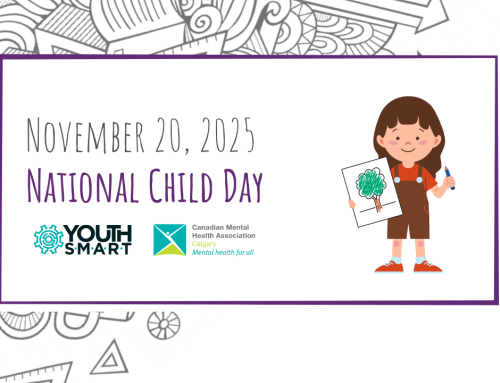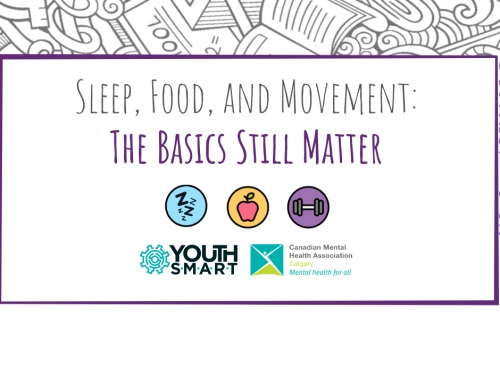September 10 is World Suicide Prevention Day, a day to remember those we’ve lost to suicide and raise awareness about how suicide can be prevented.
Although one of the top leading causes of death for youth in Canada, suicide still remains a topic that isn’t too highly discussed.
By opening up the conversation, we can prevent suicide within our families, friend groups and our schools.
You can be the one to illuminate hope for a person thinking about suicide.
What is suicide?
Suicide is when someone ends their life on purpose. However, most people who are thinking about suicide do not actually want to die. They just want to end their physical, emotional or mental pain.
What are the warning signs?
People considering suicide may show warning signs or hints that they are having these thoughts. If someone you know is considering suicide, you may notice:
Emotions:
They might be feeling:
- Loneliness
- Low self-esteem
- Anger
- Resentment
- Irritability
- Frustration
- Confusion
- Poor outlook on future
- Lack of emotion
Behaviors:
You might spot sudden change in their behaviour patterns like:
- Sleeping and eating
- Appearance, personal hygiene and self-care
- Academic performance
- Change in mood
- Withdrawal/isolation
- Loss of interest in activities usually enjoyed
- Giving away possessions
- Increased risk-taking behaviours
- Thinking or talking a lot about death
- Writing or drawing about suicide
- Increase use of drugs or alcohol
- Making a plan for suicide
Verbal:
In a private or group conversation, a text, a Facebook status, a Tweet, or any other type of communication, they might say something like:
- “What’s the point?”
- “I am going to go away”
- “No one cares if I live or die”
- “Life sucks and isn’t worth it”
- “I shouldn’t have been born”
- “I wish I were dead”
- “I am going to end it all”
- “All of my problems will soon end”
How can I reduce the risk of suicide?
The following strategies can help reduce the risk. All of these factors are linked to maintaining your overall well-being. These strategies include¹:
- Seeking proper treatment, care and support for mental health concerns and building a good relationship with a doctor or other health professional
- Building social support networks, such as family, friends, or a Peer Support Worker or support group
- Learning healthy coping skills to deal with problems and trusting in those coping abilities
I’m having thoughts of suicide, what can I do?
Having thoughts of suicide is a scary and uncomfortable feeling. If you are having thoughts of suicide it’s important to share these thoughts with someone you trust.
While it is scary to share this with someone, it’s important that you ask for help from an adult you trust. This could be a parent, a friend’s parent, your aunt or uncle, a grandparent, teacher or school counsellor. Suicide can feel like an answer to very strong emotional and physical pain, but there is help available to support you and make you feel better.
Please reach out if you are feeling these uncomfortable emotions—you are not alone.
Other things you can do are:
- Call a crisis line, like Distress Centre (403-266-4357) or Kids Help Phone (1-800-668-6868);
- Make sure you are not alone
- Write a list of places you feel safe if you don’t feel safe at home
- Don’t use drugs or alcohol
- Call 9-1-1 or ask a friend to call for you if you feel you are a danger to yourself or others
Resources:
Our friends at Centre for Suicide Prevention also have incredible life-saving resources that they’ve created just for youth.
¹”Preventing Suicide.” Canadian Mental Health Association. Accessed September 1, 2021. https://cmha.ca/brochure/preventing-suicide/
You are not alone. There is help.
If you cannot find someone you trust who is willing to support you, dial a crisis line right away at 403-266-HELP (4357) All crisis lines are confidential.
YouthSMART would like to thank Sagium and Kinsted Wealth for being our 2020 – 2021 website sponsor.




